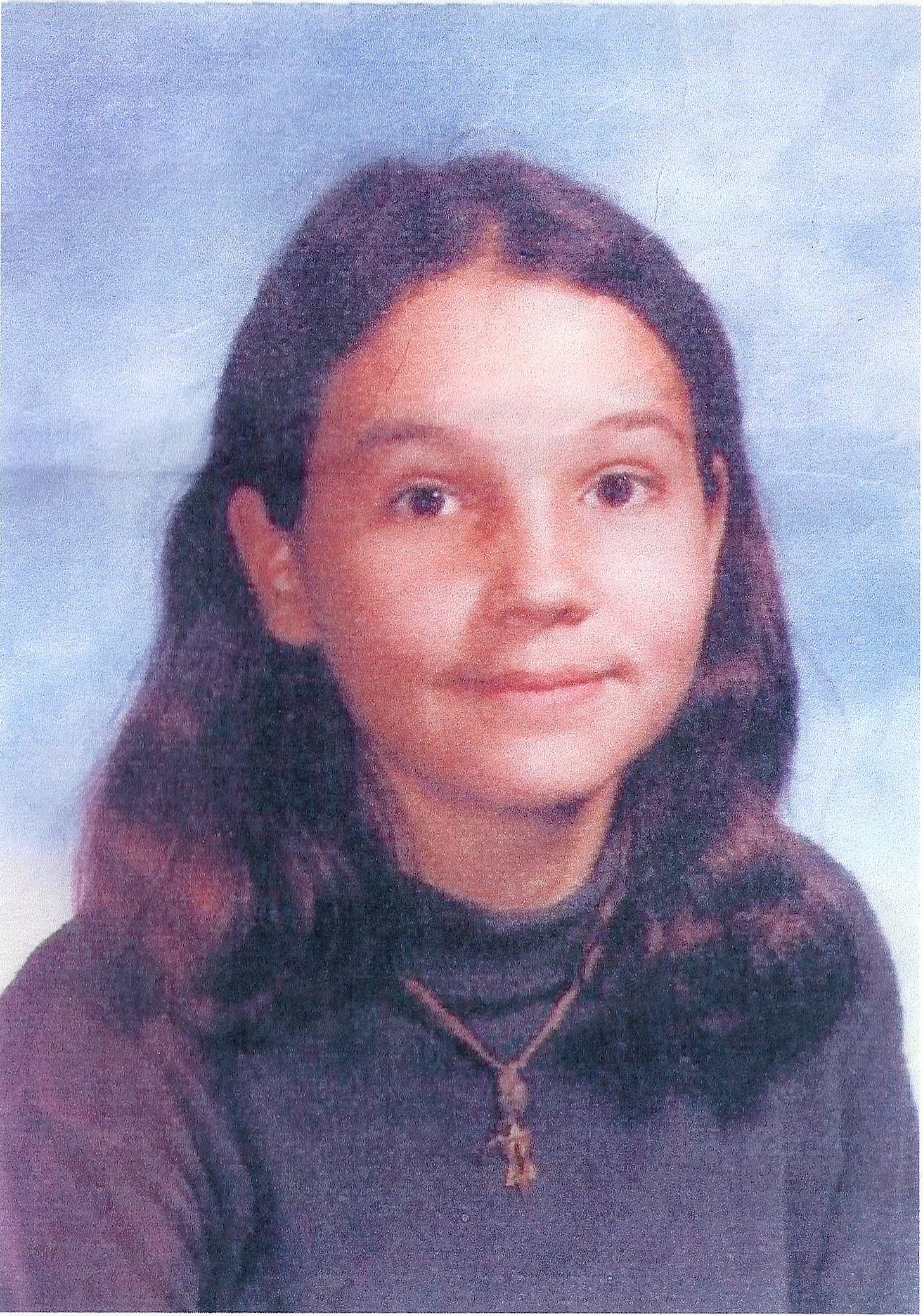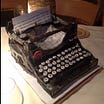This essay is part of a new collection of work inspired by the anthology On Being Jewish Now: Reflections of Authors and Advocates. Want to contribute? Instructions here. Subscribe here.
Like everyone else in my Jewish circles, I was taken down at the knees on October 7—shocked, horrified, weeping, torn apart, broken. At a loss for how I could help, but desperate to do something.
I wandered around with the pain (and guilt) of helplessness for a long while, my “Bring Them Home Now” dog tag around my neck. But what was that doing? Not enough. Pretty much nothing.
What could I possibly do?
But there was something. Something I had already been doing for the last 20 years: teaching Sunday school.
I realized—with gratitude—that instilling facts, knowledge, history, and pride in the next generation of Jewish adults was now more necessary than ever. I felt the importance and gravity of this as I never had before.
Once, being Jewish had been all about me. Who I was. Where I belonged.
My Jewish mother died when I was three; I grew up with an agnostic, non-Jewish father, who defaulted to Christmas trees and Easter baskets. Then, when I was 11, my nana took me to Israel—a trip she had saved for and dreamed of all her life. I saw things that would change me: Jerusalem, Haifa, Elat, kreplach, falafel, the Mediterranean sea. But it was Masada that made the greatest impression. There, I learned of a people who hold so tightly to their identity that they are willing to die for it. And that identity is mine.
That trip was two months before the Munich Olympics and one year before my nana’s diagnosis of uterine cancer. My nana didn’t live long enough to see what gift she had given me: the gift of choice. I chose to be Jewish. I spent the next 30 years learning about my heritage and my birthright. I’m still learning. And I’ve learned that being Jewish is not about me. It’s about sharing that gift with my students.
My goal as a teacher has always been the same: Sunday school should be a place where my students want to be—where they feel joy, pride, love of Judaism. At the end of each class, I ask my kids to tell me one thing they learned that day they didn’t know before.
One thing. That’s enough. It builds over time.
Deborah, judge and prophet. David, shepherd and first King of Israel. Yiddish. Ladino. The poems of Hannah Senesh and Emma Lazarus. A yad. The bimah. The Ark. Tisha B’Av. The destruction of the first and second Temple. Hanukkah. Tu B’Shevat. Sukkot. Passover. Salt water for the tears for our ancestors. Wine for the tears for our enemies. (Jews do not cheer for the death and destruction of innocent people.)
I recently asked my Sunday school students what being Jewish meant to them. For most, it was about belonging to a community, having a family that never lets you down. Having respect for others. Repairing the world. Learning about Jewish culture, rituals and religion. It means having an identity that no one can take away. Knowing who you are. Not knowing who’d you be if you weren’t Jewish. Being Jewish is something to love, to be knowledgeable about, to be proud of. Sunday school is a place where your Jewish friends are.
I have not spoken to my kids, who are in sixth and seventh grade, about October 7— and I won’t. I believe it’s for parents to decide what, why, how much to say. That is not my job. My students walk into my classroom each week and find a sanctuary of Judaism. They walk out with one more bit of information about being Jewish to carry with them out into the world.
That is what I can do.
Nora Raleigh Baskin is an award-winning author of 16 novels for middle grader and young adult readers, including Nine, Ten: A September 11 Story, Anything But Typical, and The Truth About my Bat Mitzvah. She is mother to two grown children, and Sunday school teacher to hundreds of Jewish children over the years.
Instagram: @ noraleighb
This essay is part of a new collection of work inspired by the anthology On Being Jewish Now: Reflections of Authors and Advocates. Want to contribute? Instructions here. Subscribe here.






Powerful, beautiful, heartbreaking, hopeful…
Nora,
I have always asked my grandsons, aged 25, 21 and 6, “what did you learn today you never knew before.” It makes them think again.
Jim